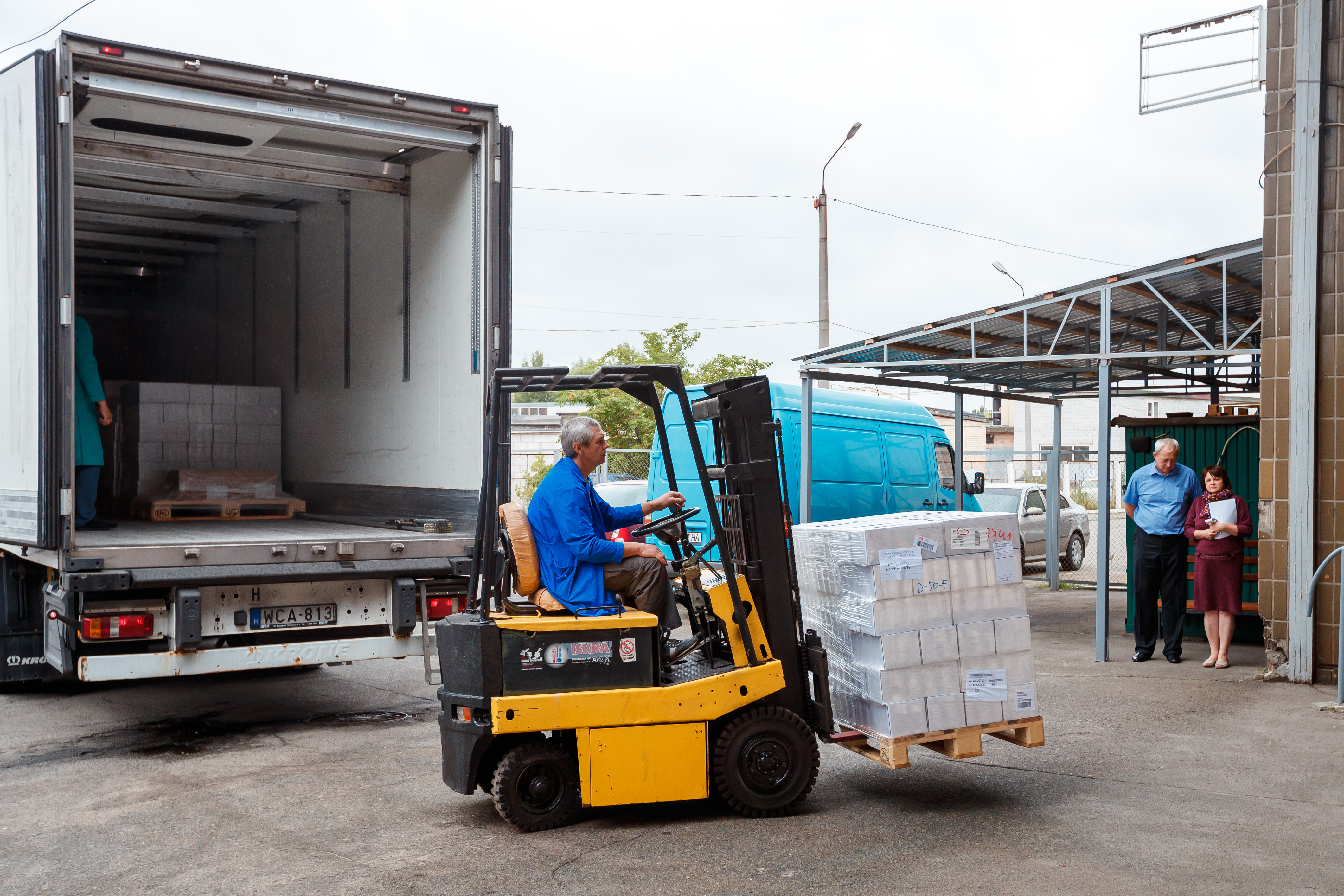Photo credit: Anastasia Vlasova / UNDP in Ukraine
This year’s International Day of Peace, which is marked on 21 September, is a special one for Ukraine: Since late July, there has been a ceasefire along the “contact line” in eastern Ukraine that has markedly reduced the number of firing incidents, casualties and fatalities in the current conflict.
The country has been in a state of conflict for over six years, and over 20 ceasefires have been declared over that time – the previous longest of which was a six-week halt in hostilities in 2016. Today, while there have been isolated incidents, the current ceasefire is now the longest one to have held.
But as the many failed previous ceasefires have demonstrated, although they might quiet the guns, ceasefires by no means equal peace. Much more is required to be done if the conflict in Ukraine is to be ended, and for peace to truly return to the country.
Building Peace
The United Nations Development Programme in Ukraine, even as the conflict has continued at a low level in the east, has been working to lay the groundwork for a lasting peace in Ukraine. The causes of the conflict are multi-faceted and complex, but important factors exacerbating the region’s problems in the past have been:
- A lack of trust in state institutions, in particular the justice system;
- Economic problems, poverty and unemployment;
- Lack of transparency and accountability in government, and;
- Poor state services, social infrastructure, and healthcare provision.
To address these problems, UNDP and partner UN agencies and development actors have been cooperating since 2014 within the UN Recovery and Peacebuilding Programme (UN RPP). The programme is intended to strengthen community security and social cohesion, support the economic recovery of conflict-affected communities, and further the implementation of decentralisation and healthcare reforms in government-controlled areas of Donetsk and Luhansk oblasts.
Thirteen international partners support the Programme: the European Union (EU), the European Investment Bank (EIB), the U.S. Embassy in Ukraine, and the governments of Canada, Denmark, Germany, Japan, the Netherlands, Norway, Poland, Sweden, Switzerland and the UK.
Groundwork
There are three components to the programme: Economic recovery and the restoration of critical infrastructure, local governance and decentralization reform, and community security and social cohesion. Each of the components addresses some or all of the root causes of conflict identified above. By taking a holistic approach, and of course underpinning its interventions with the principle of sustainability, UNDP and its partners aim to create fertile ground in which the seeds of peace will take root and grow once the guns go silent for good.
For instance, by restoring critical infrastructure to provide conflict-affected communities with access to basic services, and supporting economic opportunities through providing assistance to micro-, small- and medium-sized businesses, as well as developing the professional skills of young people and IDPs, the UN RPP addresses core economic problems that have plagued the region over the long term.
Meanwhile, by building the knowledge of local government bodies about fiscal decentralisation, by applying transparent, participatory and gender-responsive strategic planning and budgeting processes, and by improving public service delivery and instituting anticorruption practices, the UN RPP is supporting the implementation of local governance and decentralisation reforms in eastern Ukraine, with the aim of increasing both the quality of governance in the region and the public’s trust in their government.
And by encouraging local civil society organizations to actively participate with local authorities in designing and implementing local government policies, the UN RPP fosters a community-based approach to local government, which ensures that the most vulnerable and excluded groups of women and men are not left behind in the processes of recovery and peacebuilding in eastern Ukraine.
Political will
While UNDP and its partners can help to create the conditions for a lasting peace, the ceasefire in Ukraine will only transform into the ending of the conflict if there is political will in Ukraine, on both sides of the “contact line,” to bring a halt to the fighting.
UNDP is of course not part of this process, which is a political one. But as part of the UN organization UNDP in Ukraine repeats the call made in March by UN Secretary-General António Guterres for all warring parties around the world to lay down their weapons and focus on humankind’s joint battle against the current COVID-19 pandemic.
So UNDP on this International Day of Peace reaffirms its commitment to helping Ukraine recover and restore peace following the conflict, as well as rebuild better, greener and fairer after the COVID-19 pandemic recedes.
As the world’s joint battle against the SARS-CoV-2 virus has demonstrated, in this modern, globalized world we are so interconnected – sharing global problems and having so much in common – that it makes no sense to waste any more energy and resources in being enemies.

 Locations
Locations


















